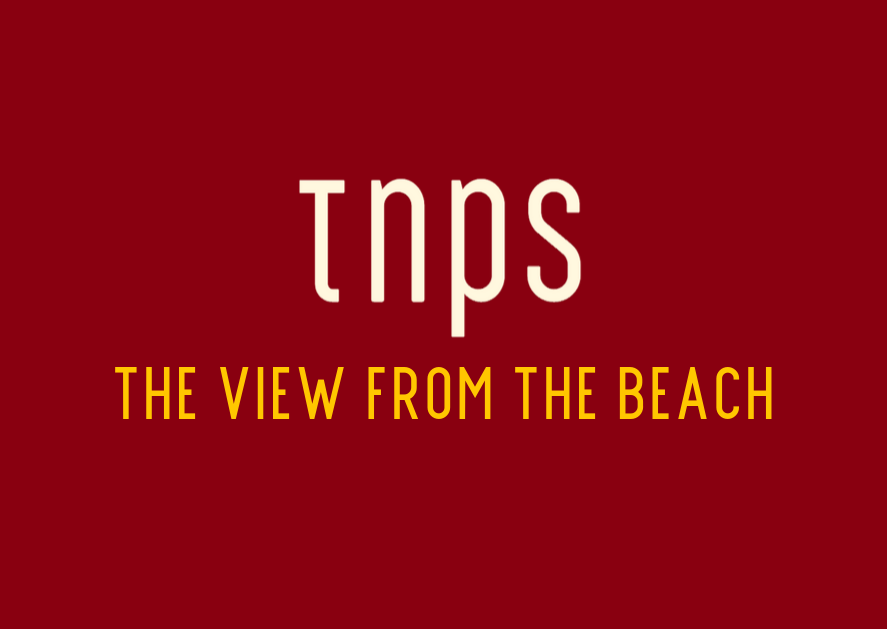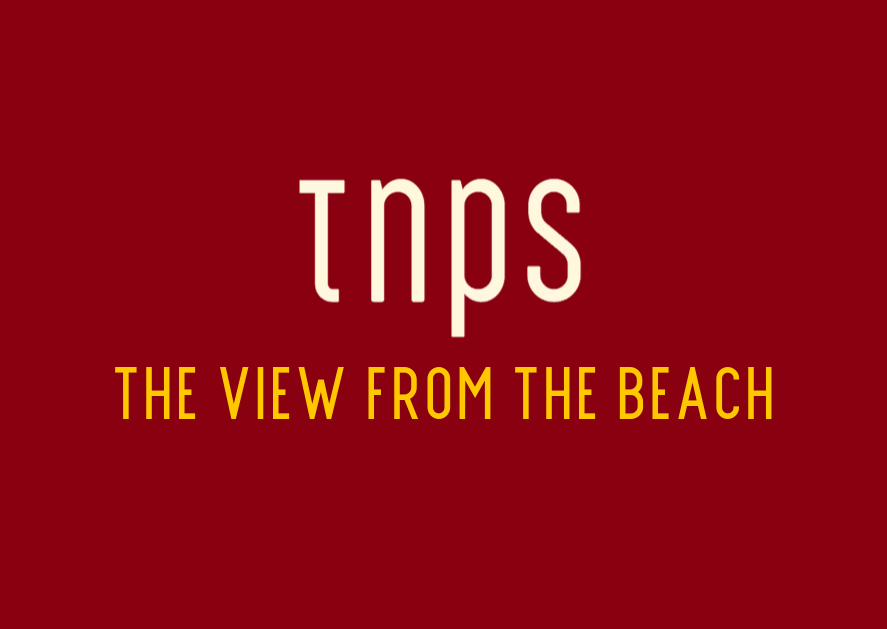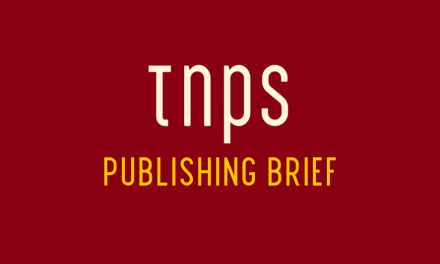When I put pen to paper to write a book there is no guarantee I will earn a single penny from it. No-one starts a new job in any other industry in the hope that maybe their employer will pay them some undetermined amount at some undetermined future time. Or maybe not at all.
The UK’s Authors’ Licensing and Collecting Society survey, published in December, asserts UK authors earn only £7k a year (median) from their writing. The report, as usual, has been seized upon by book authors to show how hard done by they are.
The reality may be very different.
The report is long (86 pages) and raises so many issues I’m going to deal with them a few at a time, hence “Part 1”. After all, I’m an author and apparently only earning a median £7k, so why make the effort to do more?
No, hold on. I’m not being paid at all to write this on LinkedIn (where this post first appeared). I’d better tell the ALCS so they can lower that median even more.
But then, I wasn’t asked by the ALCS, and had I been I would not have responded, because personal details like how many people are in my household, whether I am man, woman, binary or trans, my membership of professional bodies, my shoe size, etc, is not something I’m desperately eager to share in this era of data-leaks and website hacks.
And it seems I’m not alone.
In the 2018 pre-Covid survey 50,000 were asked and 5,521 partial responses and 2,696 completed responses were received (a total of 8,217).
And that is where the problems starts, given in 2022 only 2,759 authors responded out of 60,000 authors that were asked. In case you were wondering that means 57,241 of those 2022 authors chose not to answer at all. And of those that did, many were partial responses only, but the results are included, skewing the outcome still further.
By the way the ALCS blamed, don’t laugh, “survey fatigue”.
Of those that did respond, only 65% said they were book authors so, book industry professionals, let’s be clear this survey’s earnings include those who in some way write for newspapers, magazines, audio/audio-visual, theatre and (whatever this is supposed to mean) work in “digital publishing”.
In terms of profession, only 45% defined themselves as authors. Others were playwrights, journalists, scriptwriters, academic, translators, teachers, retirees, and (I would say don’t laugh, but I guess we are obliged to) comedians. Podcasters are also included. Narrators are included. But is narrating writing? Is podcasting writing if you’re in ad-lib mode, not using a script you personally wrote?
Hey guys, you missed some tricks here. You could have included secretaries typing up their dictated letters, and people working from homing writing addresses on envelopes.
There ls so much in this report not to like, but let me single out a few nonsensical highlights here.
Per the report, a “minority of authors have engaged in formal writing training (21% of total sample and 26% of primary occupation authors).”
Of course there are no qualifications needed to be a novelist, accomplished, average or incompetent, but therein lies one of the oh-so-many problems with this result.
I mean, seriously, in what other industry can someone jump in with no experience, qualifications or skills, expect to earn top whack, and then have some survey highlight their low earning power as evidence that all workers in that profession are underpaid?
Anyone can (and evidently many do) throw some words on an electronic page, stick it out on Amazon via KDP and claim to be an author, and then say they only earned £7.50 in the past year.
It tells us absolutely nothing about author earnings. Yet the very fact that, compared to 2006 when this survey began life, so many more people with no skills or experience and no willingness to learn the trade are publishing and then making next to nothing, means the median is dragged down to a meaningless level.
And it tells us very little that is meaningful about the money that is coming in.
Back in 2011 I was the UK’s biggest-selling indie author, and over the next year or three had chart success in France and hit #1 on Kindle China. Over time my books sold almost 2 million copies. I was very comfortable earning more than most book authors.
But since 2015 I haven’t pushed out a single book. My backlist book sales today simply don’t move the needle. And BTW I only received an advance once, from a publisher in France.
The point here being, the nonsense about fewer advances tells us nothing if we don’t know the author’s line of work. Indie authors don’t get advances. Poets, playwrights, journalists, etc, usually do not get advances. Most journalist are salaried.
Book authors are not salaried. They get paid according to how much demand there is for their work. Meaning author earnings, when it comes to book authors, is a minefield of nonsensical comparisons.
If I work as a barista I get paid per day/week/month. If I serve 50 cups of coffee a day or 500 I get paid the same rate. If I don’t turn up for work I don’t get paid. The moment I leave that job I don’t get paid.
I stopped writing novels years ago. I still get paid each month from backlist sales, however small it may be. And any day now a publisher might come along and put one of my former bestsellers into a new market and the cash will start rolling in again, despite my not having written a new book for at least seven years.
That cup of coffee was drank and forgotten. Game over. It may have been the best cup of coffee ever made, but it earned the barista the same pittance as the one before it and the one after. But here’s the thing. That cup of coffee meant that barista would get paid.
When I put pen to paper to write a book there is no guarantee I will earn a single penny from it, whether I write in in three weeks, three months or three years. No-one starts a new job in the hope that maybe their employer will pay them something – anything – at some undetermined future time. Or maybe not at all.
But the successful book is out there forever. My grandchildren will earn at least something, and possibly lots if the titles suddenly revive, off books I haven’t touched for years, and long after I’m gone.
What other industry comes close to this sort of potential reward?
Advances? I’d already sold a half million copies, self-published, before I got my first and only advance. I know countless successful (as in full-time, very comfortably well off) indie authors today who’ve never had an advance.
How many of those took part in the ALCS survey? None that I’m aware of. In fact none of my traditionally-published author associates participated either.
Did JK Rowling participate? Somehow I don’t think she did. Professional authors earning a comfortable living from writing tend not to have time or inclination to fill in intrusive questionnaires like this.
And this all calls into question what worth, if any, this survey has for the book industry.
Yet many will be citing this report as evidence of how cruel and heartless book publishers are given they announced record profits in 2021. How dare they pay authors a measly £7,000 a year.
But of course, it’s all nonsense.
Yes, all authors deserve to get paid for their work. But there’s no black and white here. Writing – and especially book writing – is not like any other job, so comparisons are meaningless. There is no fair rate of pay.
Ask an accomplished author if they would like to earn £20k as a year-long guaranteed salary from their next book but the publishers keeps anything over that, forever, or if they prefer to take their chances in the market where they might make £200,000 or £2 million and still be earning in twenty years time…
The risk element is part of the buzz of being a book author. Yes, writing books is risky. But the rewards can be handsome.
And for those earning that meaningless mean that the ALCS say is now only £7,000, we have to ask how many hours of writing time, marketing time and training are these authors actually putting in? Should the author who writes for an hour a day three times week whenever they fancy it, get paid as much as or more than the barista working a forty-hour week?
Surveys like this encourage the non-professionals in the industry to rant about how hard done by they are, victims of a cruel world.
But here’s the thing. Have you, or anyone at ALCS, ever heard a successful author complaining they are being paid too much and they really are not working any harder than the barista rushed off his or her feet serving customers in the coffee-house where they sit leisurely writing their next bestseller?
No, I thought not.




